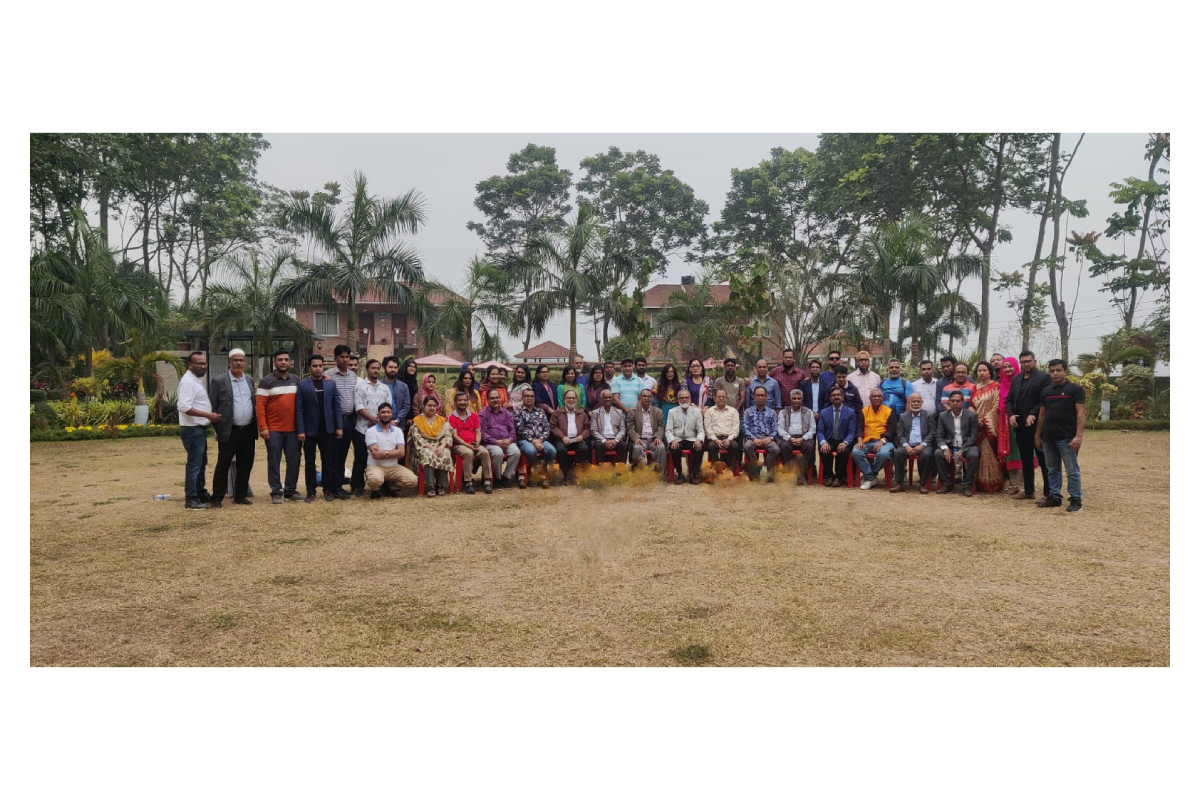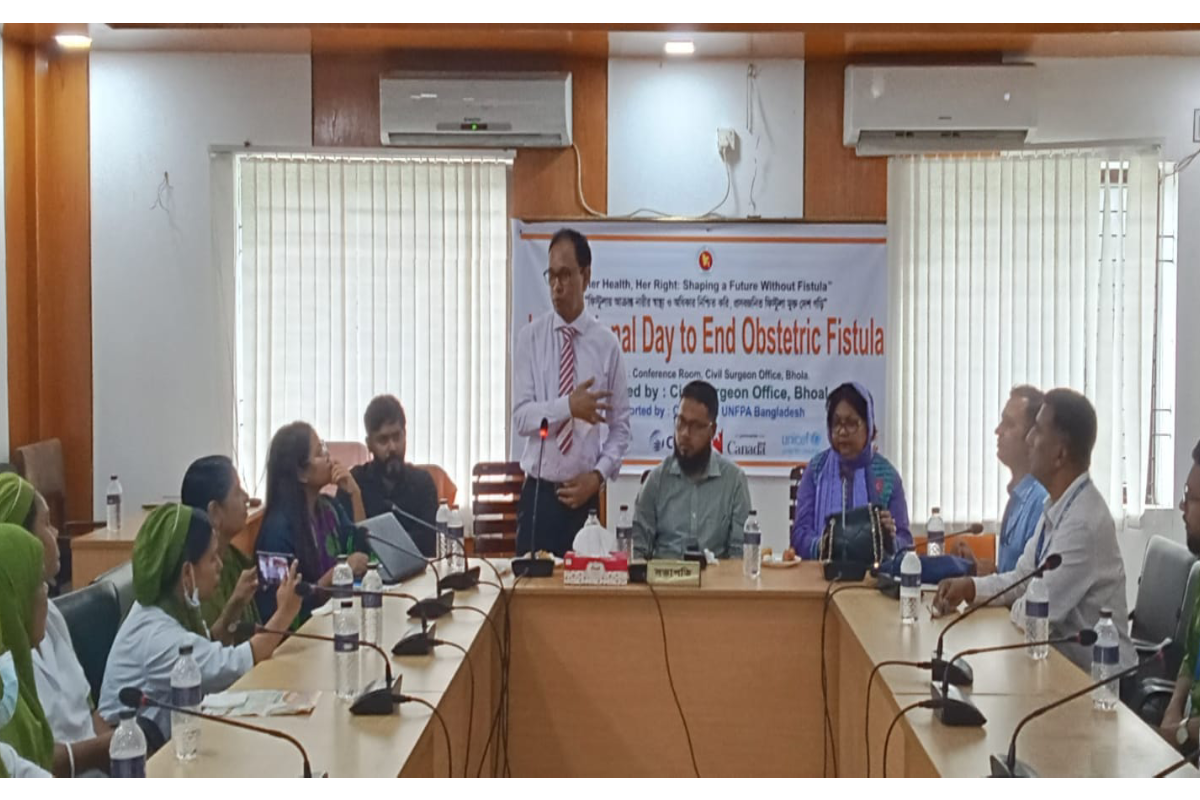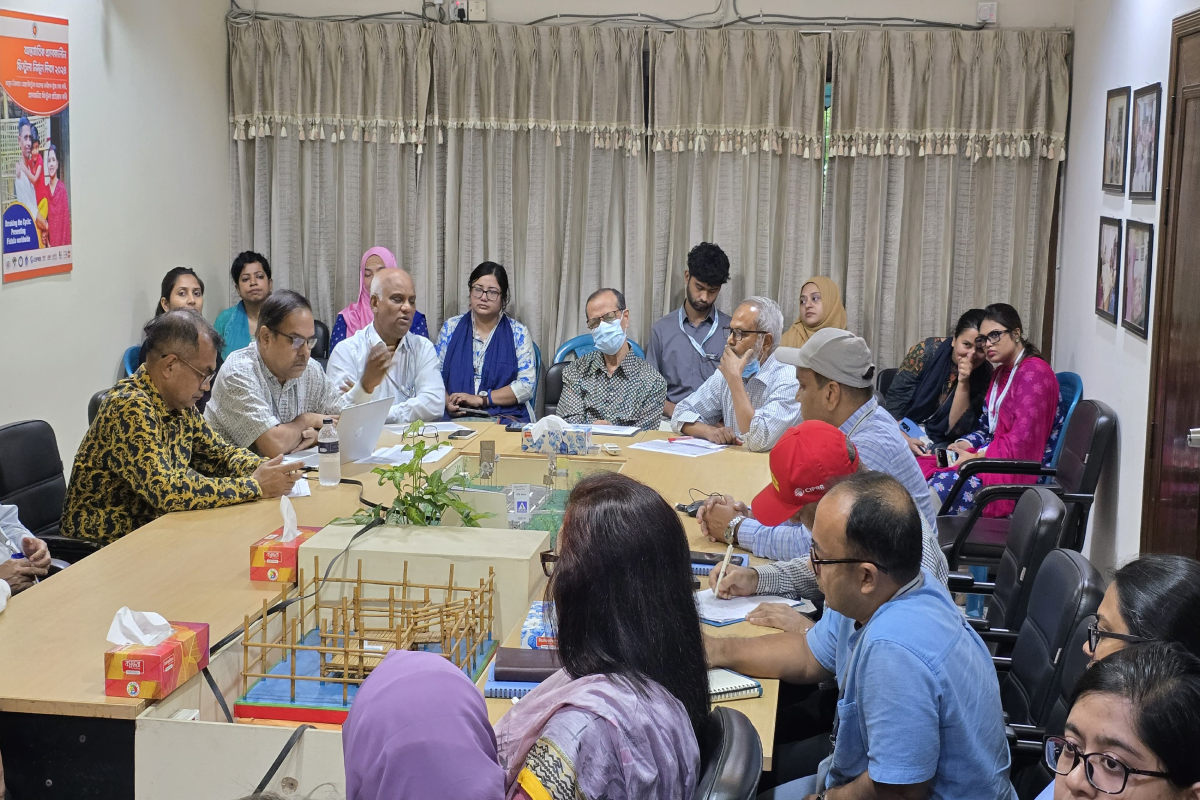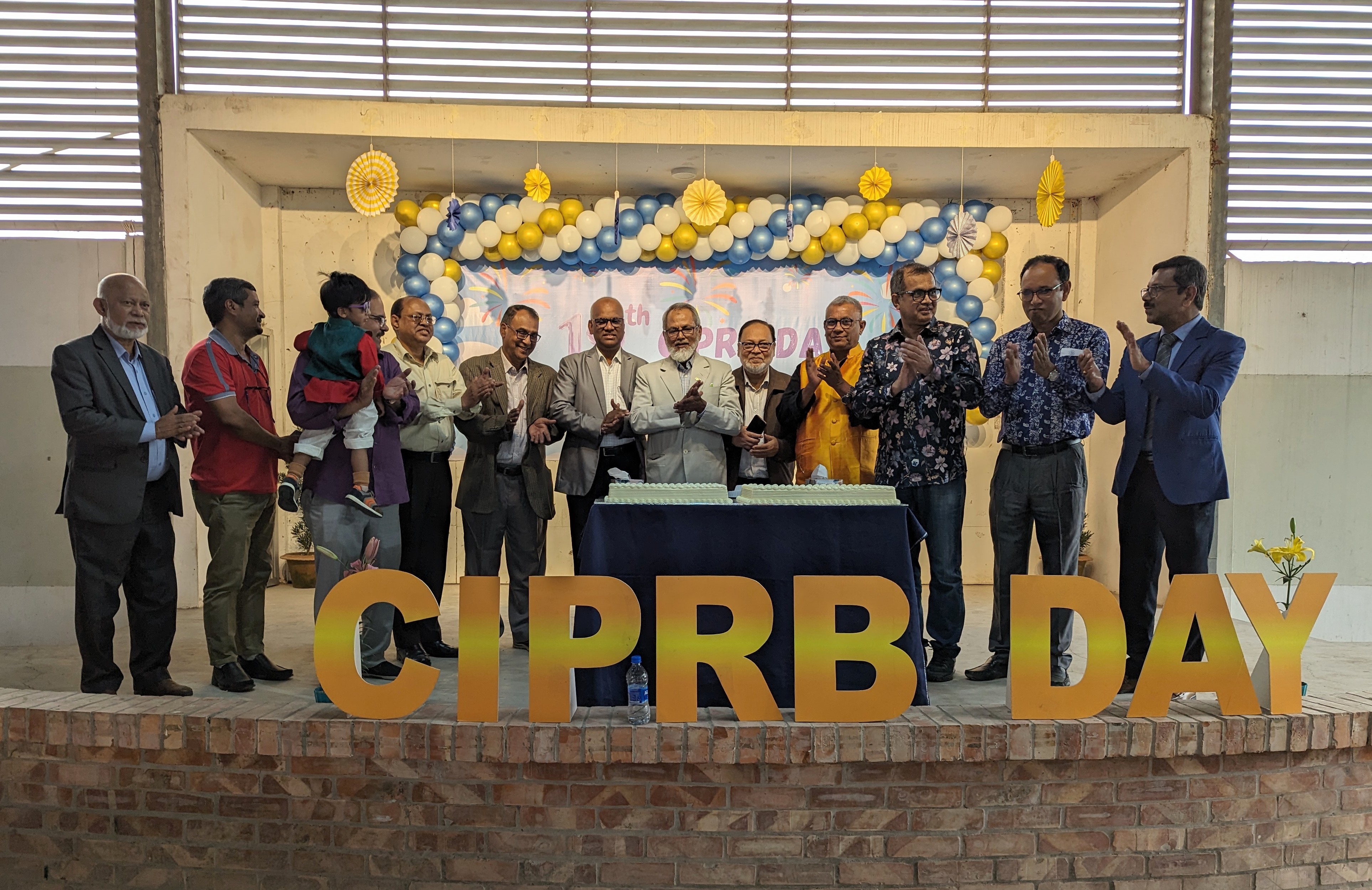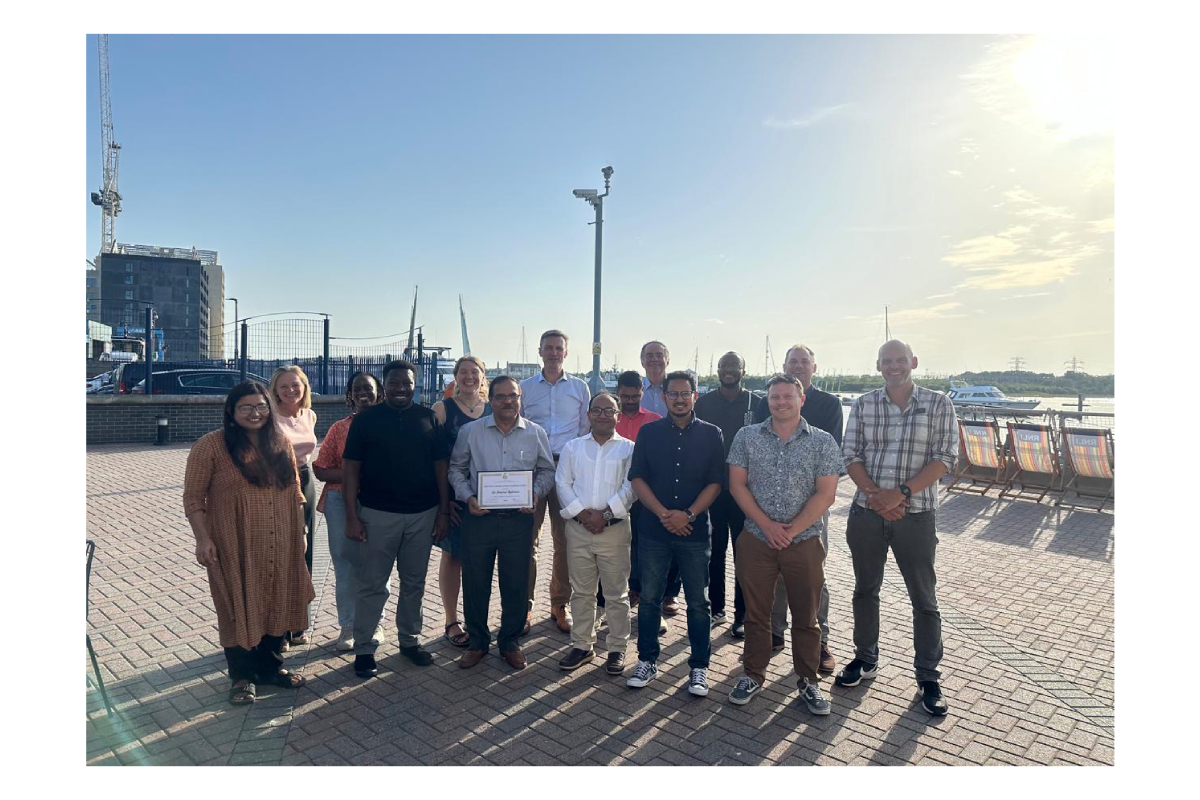Bangladesh is frequently invaded by flood disaster every year. Emergency life-saving care in case of health-related events during flood is not much focused till date. CIPRB conducted an epidemiological study (Baseline survey) in 2022 at two flood-prone upazilas of (Islampur and Dewanganj) Jamalpur district to assess the knowledge and practice of community people regarding the first aid measure of health-related events, the needs of prompt intervention in the current scenario, and to develop the interventions for improving emergency response care. The study revealed that harmful practices are still prevalent in the community and contribute to health-related incidents like drowning, snakebite, dog bite, electrocution, and lightning. Skilled healthcare providers, sufficient medicines and awareness programs were found to be possible solutions for improving community knowledge and practice towards emergency response and care.
Out of the two study areas, Dewanganj has been chosen as intervention area. CIPRB is currently implementing several interventions in Dewanganj to increase capacity of health care providers through Basic Life Support (BLS) training, increase community awareness by courtyard meeting, community clinic support group meeting. In addition, number of National poison Information Centre (16801) has been circulated by community miking. Project FlutNetz (FloodSafe) is being implemented by joint collaboration of German partner, Bangladesh government agencies and NGOs; funded by The Federal Ministry of Education and Research (BMBF), Germany.
Alongside the project activities, FloodSafe team of CIPRB took part in development of two national level manuals on Basic Life Support (BLS) and Advanced Life Support (ALS), supported and published by NCDC, DGHS.
